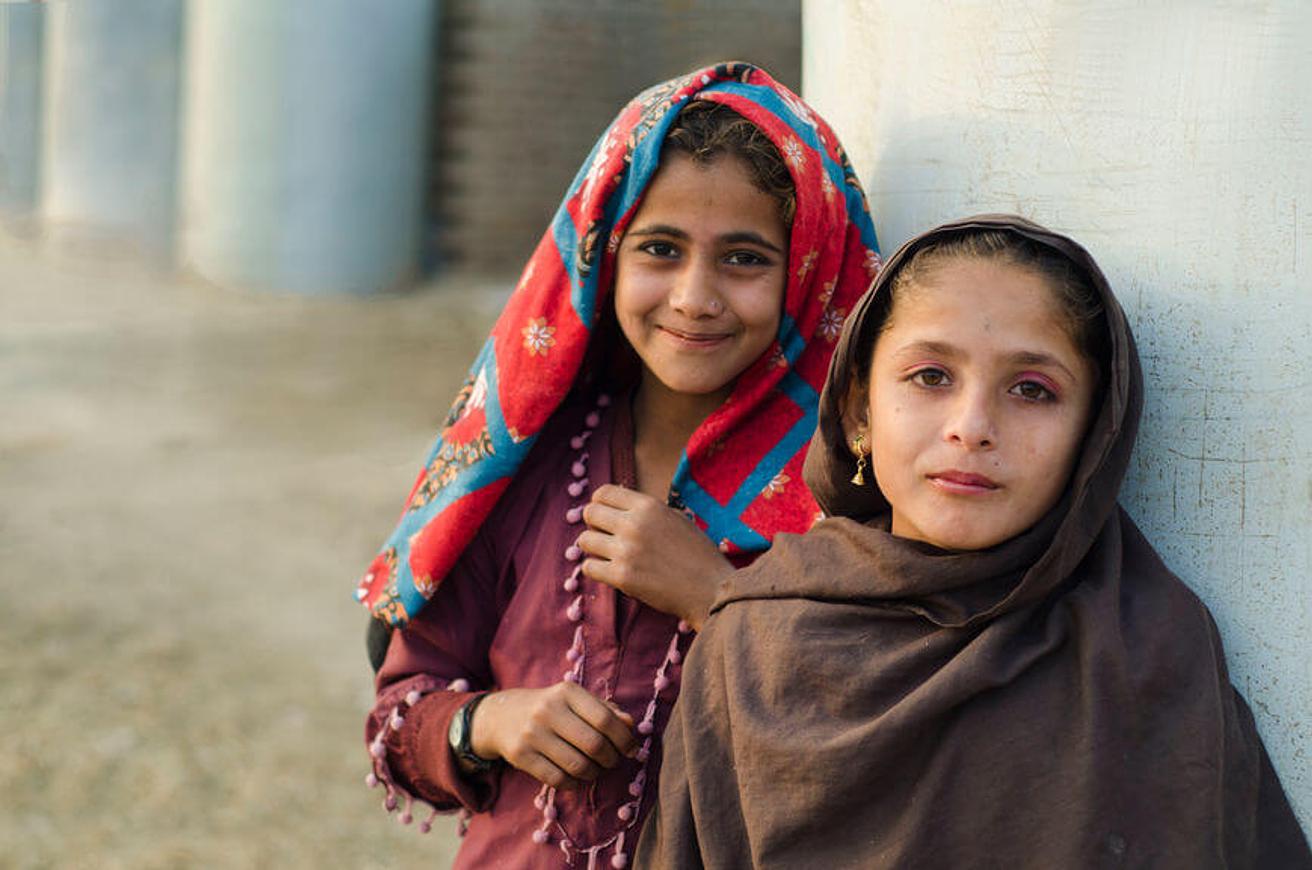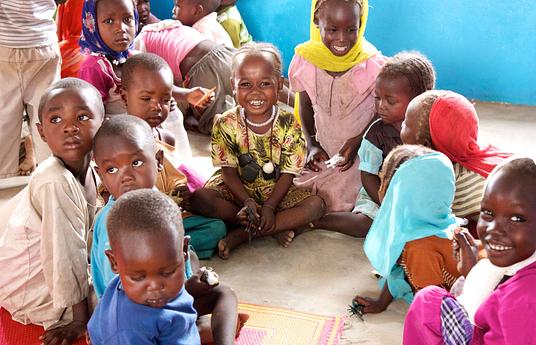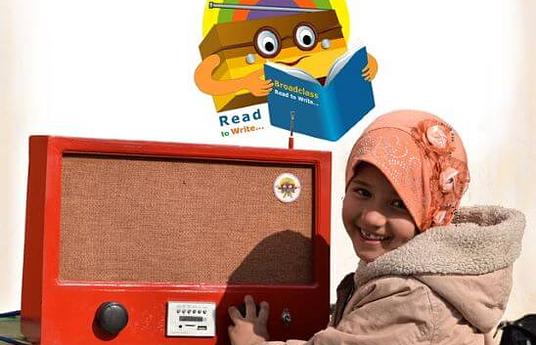Did you know that ONE IN EVERY FIVE children, adolescents and youth are out of school, with stats suggesting significantly high and alarming numbers in both poverty-stricken and conflict-affected regions? According to UNICEF’s ‘A Future Stolen: Young and out of school’ report, conflict and disaster countries represent a third of all out of school children. At the primary level, the stats rise to 50%. Let that sink in for a moment. 50% of ALL children in conflict and disaster exacerbate countries are out of school! In addition to these, children in poverty are denied access to education, despite research suggesting that a child’s socio-economic status is the single biggest determinant of their educational attainment.
Today is Universal Children’s Day, the global day of action for child rights! Beyond ensuring that all children have their basic needs met, such as food, shelter and receiving relief in times of distress, children must also be given the tools and the space to reach their highest emotional, economical and creative potential, and in doing so, use their talents to contribute to their economies, and to the development of future generations.
Sometimes when you hear such devastating stats, there is a feeling of hopelessness and a sense that regardless of what you do, it won’t be enough to eradicate these challenges. Then I’m reminded of Edward Everett Hale’s words:
If enough of us strive to live by this sentiment, then perhaps enough of us will be inspired to do something, or better yet come together to create a movement that helps to change the narrative of the 1 in 5 children who currently do not have access to education. Let's start by exploring four top innovations from HundrED's 2020 Collection, that are working to promote equity and bring access to quality education for all children.
Little Ripples is a replicable and sustainable early childhood education program that empowers refugees and communities affected by humanitarian crises to implement child-centered, quality, and comprehensive pre-primary education that supports the social-emotional, cognitive, and physical development of children ages three to five.
Over the last five years, Little Ripples has expanded into four refugee camps in eastern Chad, reaching 3000 Darfuri refugee children and training 97 refugee teachers. Little Ripples has also been adapted and implemented with Central African refugees in Cameroon and Burundian refugees in Tanzania – training 92 teachers and reaching more than 7000 children.
United World Schools works in remote and marginalised communities in some of the world's poorest regions to give every child access to free education. Their sustainable approach is changing the face of primary education in remote areas of South Asia, where children cannot access even basic education. To date, they have worked with more than 150 communities across Cambodia, Myanmar, and Nepal to give children free school.
NaTakallam connects displaced people — including refugees from Syria, Iraq, Iran, Venezuela, and beyond — with students around the world, to provide affordable, flexible and tailored language practice, intercultural exchange, and experiential learning opportunities over the internet.
In 2016, NaTakallam was winner of the World Bank Youth Summit ‘Rethinking education for the new millennium’ award and this year, it was selected a top 5 idea among 650+ submissions in the Bridgebuilder Challenge a collaboration between GHR Foundation and OpenIDEO that recognizes development solutions through open innovation at the intersection of peace, prosperity, and the planet.
Broad Class - Listen to Learn, Interactive Radio Instruction (IRI) program delivers student-centered instruction that covers basic skills in universal, cross-cutting themes and general & universal principles for early childhood education that makes it relevant to other cultural & geographical scenarios. Broad Class improves both quality and equity of education, with significant learning gains for all participants, including gains in girls' achievement, closing the rural-urban education gap, and increasing access to education for out-of-school learners.
The program has proved itself to be a revolution in the development sector for providing a quality education through social behavioral change and has benefited more than 200,000 children, educators, members of School Councils, parents and community members in different districts of all four provinces in Pakistan. 60% of program beneficiaries are girls and female educators.
So I’m challenging you to ask yourself, ‘What can I do? What is one thing I can do to help bring quality education to all? ’ No idea where to start? Here are some ideas:
- Explore the featured innovations above and see which one you can take into your education space.
- Explore HundrED’s 2020 Global Collection for other innovations that may be more relevant to your environmental context.
- Visit UNICEF’s World Children’s Day page, and explore the different ways you can engage in your role as a student, teacher or parent.
- If you have ideas about how to improve access to quality education, share your innovation on HundrED Open.
- Share this article with your community - Invite them to take an active role in changing the global education space.
‘You cannot do everything, but you must do something. Do not let what you cannot do, get in the way of what you can.’


